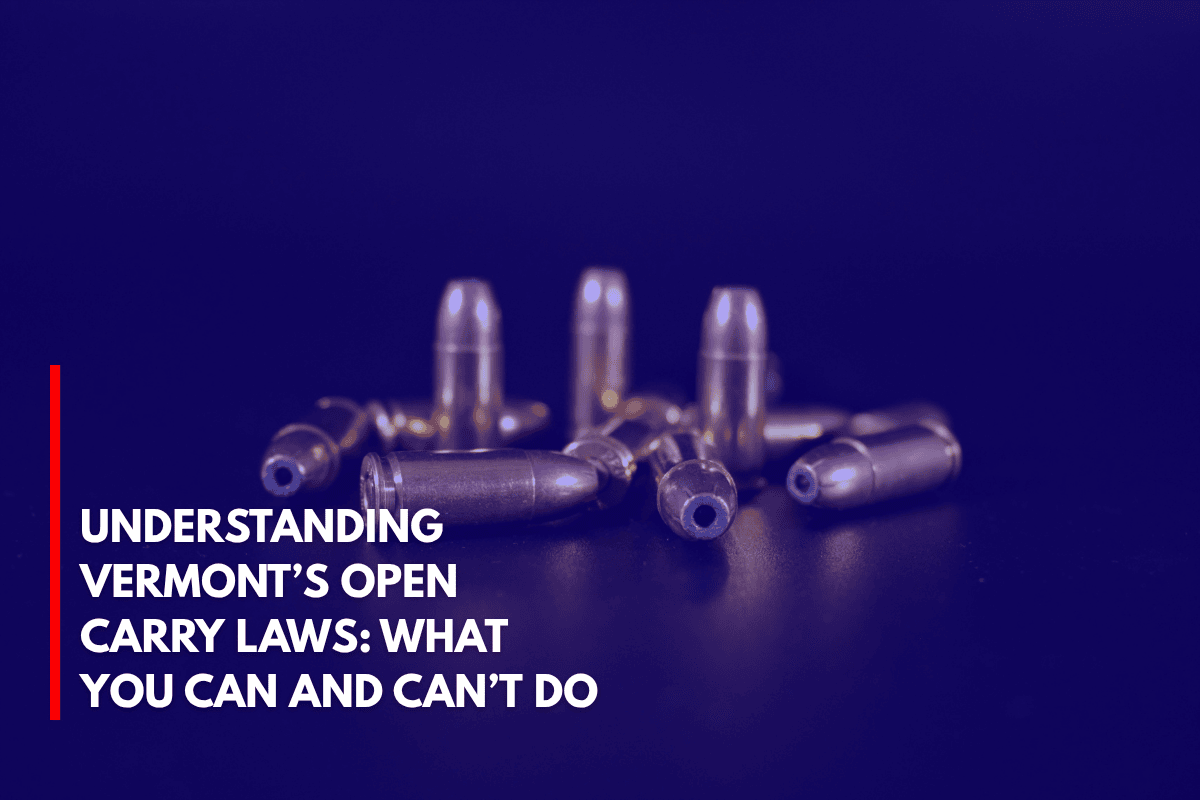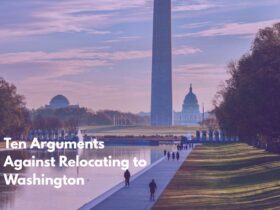Vermont is widely recognized for its permissive gun laws, particularly regarding open carry. Here’s an overview of what you can and can’t do under Vermont’s open carry laws as of 2025:
Open Carry Basics
No Permit Required: Vermont does not require a permit for open carry—any person who can legally possess a firearm may openly carry it, regardless of residency.
Minimum Age: While Vermont law technically allows persons 16 or older to possess and carry firearms, federal law generally restricts handgun possession and purchase to those 18 or older (and 21 for purchases from licensed dealers). For practical purposes, open carry is permitted for those at least 18 years old and legally allowed to possess firearms.
No Registration: Firearms do not need to be registered in Vermont.
Where You Can Open Carry
Public Spaces: Open carry is generally allowed in most public areas, including streets, parks, and rural lands.
State and National Parks, Forests, WMAs: Open carry is permitted in state and national parks, forests, and wildlife management areas, unless otherwise posted or restricted by federal regulations (such as certain Army Corps of Engineers lands).
Roadside Rest Areas: Open carry is allowed at roadside rest areas.
Private Property: Unless the property owner prohibits firearms by posting signs or giving actual notice, open carry is allowed.
Where You Cannot Open Carry
K-12 Schools: It is unlawful to carry or possess a firearm in a school bus, school building, or on school property, except as authorized by the school board for instructional purposes.
Courthouses: Carrying a firearm in a courthouse is prohibited without authorization from the court.
State Institutions: It is unlawful to carry or possess a firearm within any state institution or on its grounds without permission from the institution’s warden or superintendent.
Prohibited by Property Owners: Private property owners can prohibit firearms by posting signs or giving actual notice; violating this is a crime.
Federal Property: Federal law prohibits firearms in certain federal buildings and lands, such as some Army Corps of Engineers areas, regardless of state law.
Other Restricted Areas: Some events, such as political protests or demonstrations on state capitol grounds, may have additional restrictions.
Additional Regulations
Magazine Capacity: Vermont restricts handgun magazines to no more than 15 rounds, with certain exceptions and grandfathering for magazines lawfully possessed before April 11, 2018.
Ghost Guns: Vermont regulates ghost gun parts, requiring serial numbers and background checks for all firearms and components.
Violent Offenses: People with certain violent misdemeanor convictions are barred from concealed carry, though this may also impact open carry under federal law if they are prohibited persons.
Alcohol and Drugs: While not specifically addressed in Vermont statutes, it is unwise to carry a firearm while under the influence of alcohol or drugs.
Key Points
-Open carry is legal without a permit for anyone at least 18 years old who can legally possess a firearm.
-Private property owners can prohibit firearms on their premises.
-Certain locations—schools, courthouses, state institutions—are off-limits to open carry.
-Vermont has preemption, meaning local municipalities cannot generally regulate the possession, ownership, or carrying of firearms beyond state law.
-Federal laws and property rules may impose additional restrictions.
Always stay informed about local and federal regulations, and respect the rights of property owners regarding firearms on their premises.
Sources:
- https://www.usconcealedcarry.com/resources/ccw_reciprocity_map/vt-gun-laws/
- https://www.nraila.org/gun-laws/state-gun-laws/vermont/
- https://handgunlaw.us/states/vermont.pdf
- https://everytownresearch.org/rankings/state/vermont/











Leave a Reply